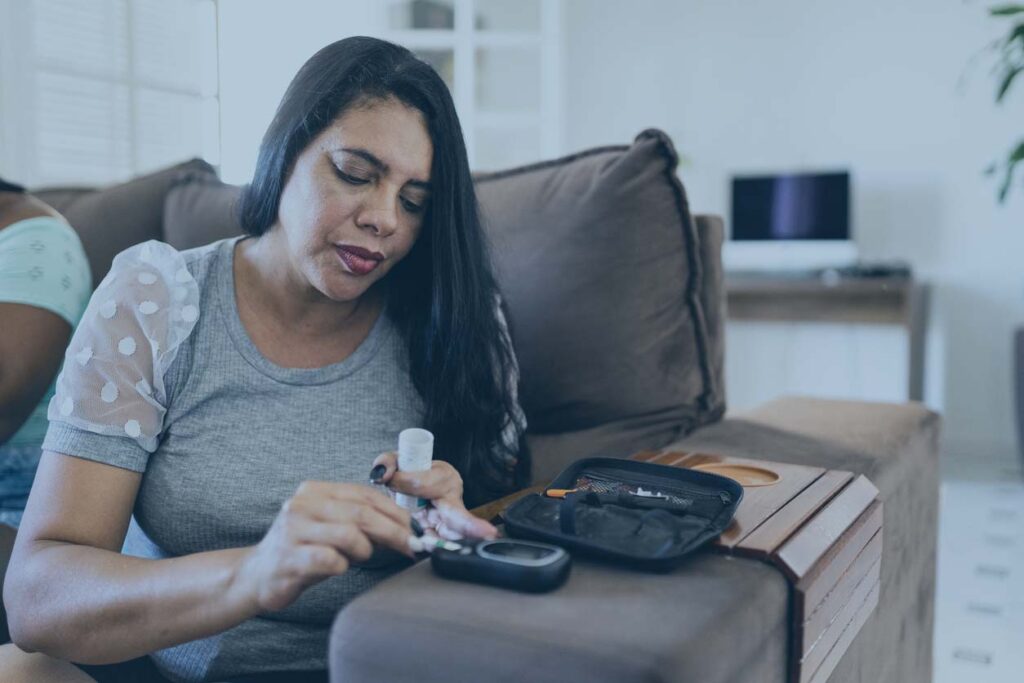Diabetes is a prevalent chronic condition that affects millions of people worldwide. It occurs when the body either doesn’t produce enough insulin or cannot effectively use the insulin it produces. As a result, blood sugar levels rise, leading to various health complications. In this blog article, we will explore what diabetes is, recognize its early symptoms, and emphasize the importance of seeking medical attention for early diagnosis and management.
What is Diabetes?
Diabetes is a metabolic disorder characterized by high blood sugar levels (hyperglycemia). There are two primary types of diabetes:
Type 1 Diabetes:
Often diagnosed in childhood or early adulthood, type 1 diabetes occurs when the body’s immune system mistakenly attacks and destroys insulin-producing beta cells in the pancreas. People with type 1 diabetes require insulin injections to regulate their blood sugar levels.
Type 2 Diabetes:
The most common form of diabetes, type 2, develops when the body becomes insulin resistant or fails to produce enough insulin to meet the body’s needs. It is closely linked to lifestyle factors, such as poor diet and sedentary behavior, and is more likely to affect older individuals.
Early Symptoms of Diabetes
Recognizing the early signs of diabetes is crucial for timely diagnosis and treatment. Some common early symptoms of diabetes include:
1. Frequent Urination:
Increased thirst and frequent urination, especially waking up multiple times during the night to urinate, could be a sign of diabetes.
2. Excessive Hunger:
Constant feelings of hunger, even after eating, may indicate elevated blood sugar levels and insulin resistance.
3. Unexplained Weight Loss
Rapid and unexplained weight loss, despite normal or increased food intake, can be a symptom of type 1 diabetes, where the body breaks down fat and muscle for energy.
4. Fatigue
Feeling unusually tired or fatigued, even after adequate rest, is a potential early sign of diabetes.
5. Blurred Vision
High blood sugar levels can cause temporary changes in the shape of the eye lens, leading to blurred vision.
6. Slow Wound Healing
Sores, cuts, or bruises that take longer than usual to heal might indicate elevated blood sugar levels.
When You Should See a Doctor
If you experience any of the aforementioned symptoms or have a family history of diabetes, it’s essential to schedule an appointment with a healthcare professional promptly. Early diagnosis and intervention can prevent further complications and help manage the condition effectively. Additionally, individuals with risk factors such as obesity, sedentary lifestyle, high blood pressure, or a history of gestational diabetes should undergo regular screenings to detect diabetes in its early stages.
Diabetes is a serious condition that requires careful management to prevent complications and maintain overall health. Understanding the early symptoms of diabetes and seeking medical attention promptly is crucial for early diagnosis and treatment. By adopting a healthy lifestyle, maintaining a balanced diet, and staying physically active, individuals can take charge of their diabetes and lead fulfilling lives. Remember, managing diabetes begins with awareness and a proactive approach to your health.
Sources:
- American Diabetes Association. (2021). Type 1 Diabetes. Retrieved from https://www.diabetes.org/diabetes/type-1
- American Diabetes Association. (2021). Type 2 Diabetes. Retrieved from https://www.diabetes.org/diabetes/type-2
- Mayo Clinic. (2021). Diabetes. Retrieved from https://www.mayoclinic.org/diseases-conditions/diabetes/symptoms-causes/syc-20371444
- National Institute of Diabetes and Digestive and Kidney Diseases (NIDDK). (2021). Symptoms & Causes of Diabetes. Retrieved from https://www.niddk.nih.gov/health-information/diabetes/overview/symptoms-causes





